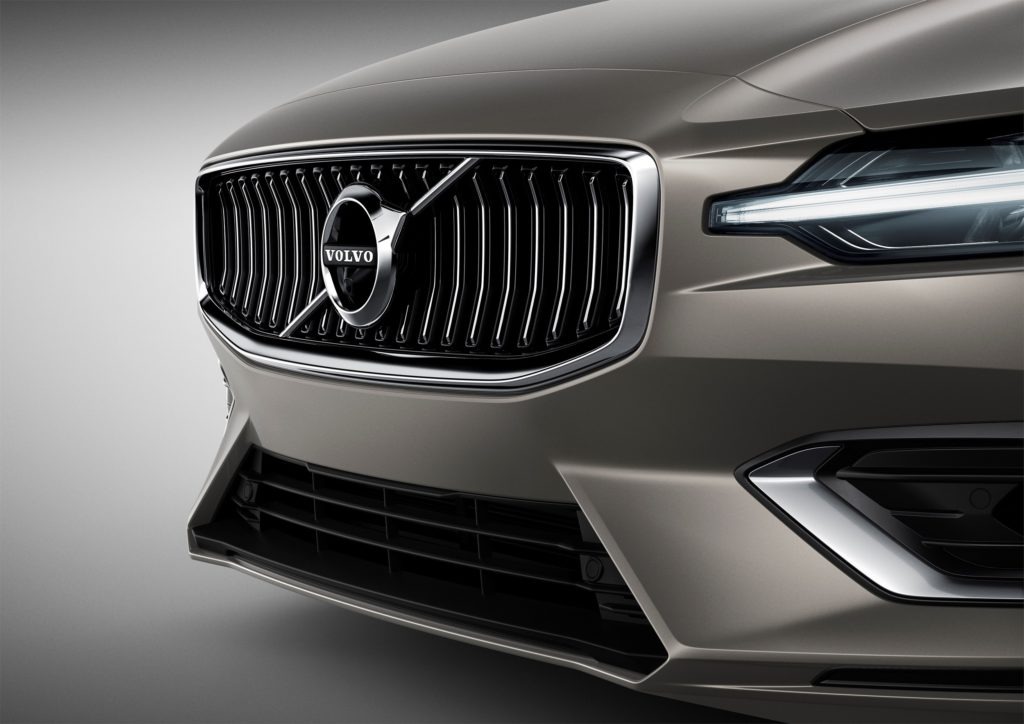Volvo may pull UK models over regulation differences
27 January 2020

27 January 2020
The boss of Swedish carmaker Volvo has become the first to warn that it could pull models from the UK should the country move too far away from EU regulations after Brexit.
Hakan Samuelsson said that should the need to apply for type approval in the UK, and the EU arise, the certification for a single country would not be worth the cost. His comments follow the revelation by UK Chancellor of the Exchequer Sajid Javid that the country will split from EU regulations after Brexit.
′If that happened it would be very negative, the number of cars for UK consumers would be much smaller than today,’ he said, adding that it would be ′very, very costly’ to make cars compliant with a new set of rules.
Going ahead
Brexit secretary Steve Barclay all but confirmed the government’s plan to forge ahead with its own rules. Speaking at the weekend on the BBC’s Andrew Marr tv programme, he said that Britain was particularly interested in setting its own rules in areas of new technology ′where we want to move quickly’ but played down the idea that the UK would diverge greatly on existing rules. ′We’re not going to diverge just for the sake of it,’ he added.
Currently, cars built for the UK meet the same standards as those in the EU. Should regulations in the UK change post-Brexit, carmakers may find themselves having to pay for separate crash tests, emissions systems and other devices the government believes are necessary before issuing a type approval certificate.
Pressure builds
This move could cost manufacturers millions of euros at a time when the industry is under increasing financial pressure amid tough sales and increasing emissions. Therefore, it would make sense to limit the number of models that have to go through the procedure, and possible development for different rules. If the UK also adopts its own CO2 regulations, rather than remain part of the EU rules for 2021, which seems likely, some manufacturers may also look to pull their most polluting vehicles out of the market.
Samuelsson added that a system in which Britain accepted EU rules, as well as its own, would allow carmakers to continue selling vehicles into the market without extra costs.
Javid’s comments provoked the automotive industry, which has already suffered from continued Brexit uncertainty and was looking to move forward in 2020. Carmakers and suppliers are hoping for a new trade agreement that will keep the current ′frictionless’ plan, a move that will keep costs low and not cause manufacturing delays.